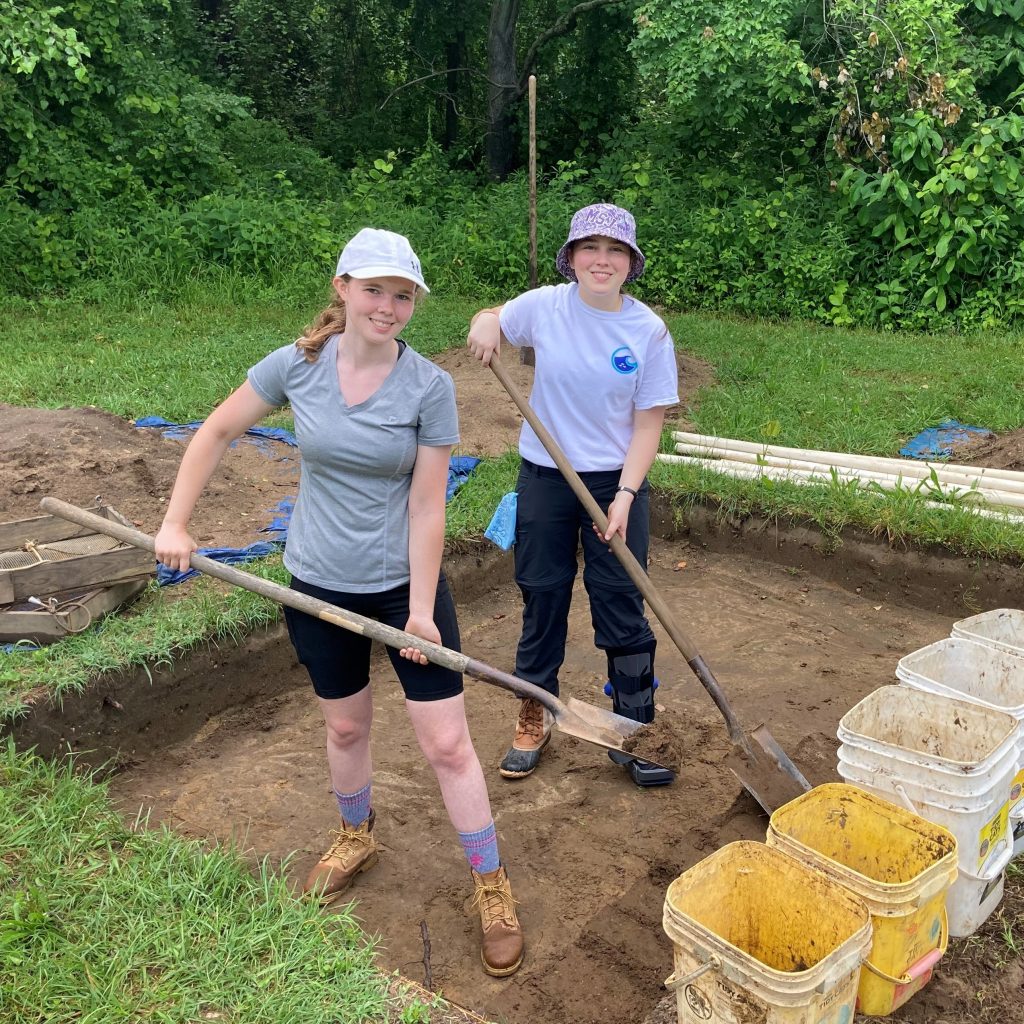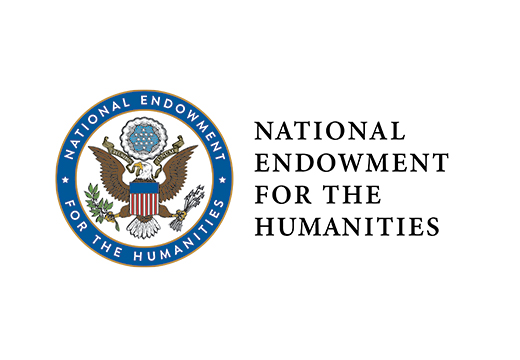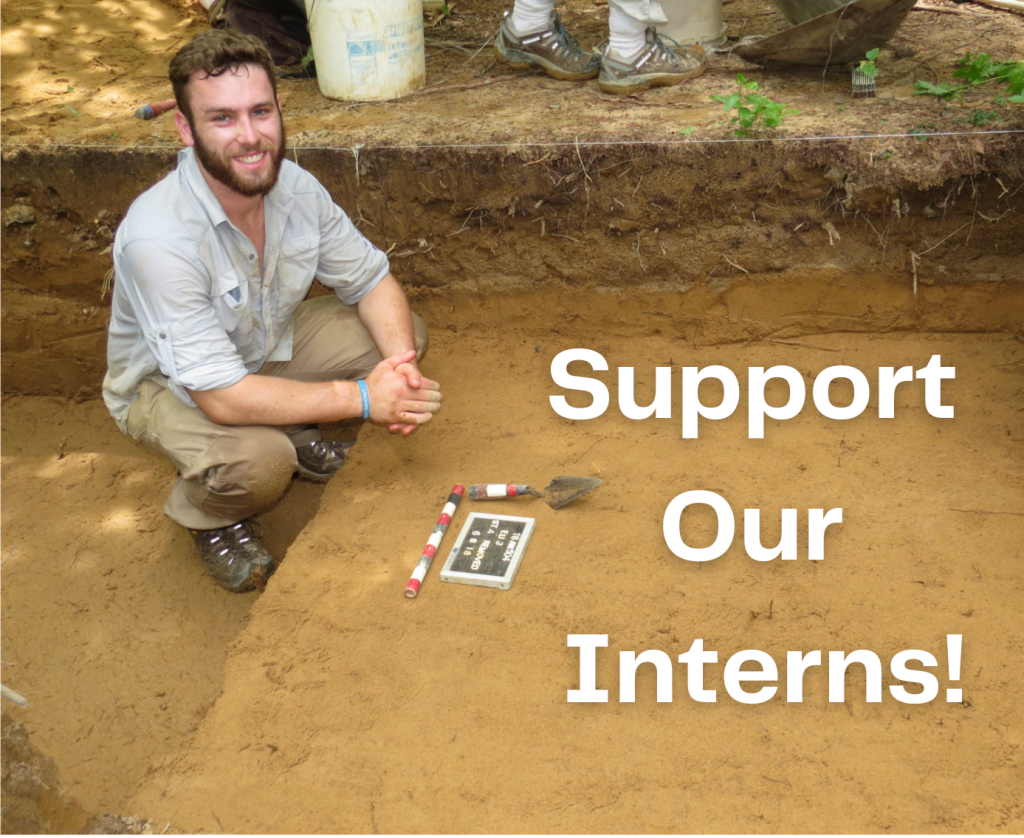TWO graduate students, FIVE undergrads, ONE high schooler, and ONE recent grad walk into an archaeology lab…
Wait–it’s not a joke:
This is our amazing crew of 2022 interns and they are keeping the Lost Towns Project and Anne Arundel County’s Preservation Stewardship Program BUSY this summer!

Our Interns hail from educational institutions across Maryland, as well as the Midwest, New England, and the UK, and are focusing on a variety of archaeology, preservation and heritage research. Projects range from learning the basics of field and lab methods, documenting historic cemeteries, and studying the impacts of climate change on historic sites, to a study of the the archaeology of black spaces on plantation landscapes, zooarchaeology (the study of animal bones), and analyzing artifacts from the Ogle Research Collection to explore interactions between Native American groups in the Midwest and Mid-Atlantic over 2,000 years ago. Stay tuned for their blog posts as they highlight their research projects.
Special thanks to funding from Maryland Humanities and their SHARP Recovery Grants Fund1, matched by generous donations by our supporters. This funding has allowed the Lost Towns Project offer two interns financial stipends for the first time ever. Offering financial support has raised the quality and commitment of our intern pool, and undoubtedly helped with gas expenses!
We would love to offer funding for three interns next summer. If you are able to help us support the rising stars in the fields of archaeology and historic preservation, please consider making an internship donation to the Lost Towns Project today. (LTP is a 501(c)(3) nonprofit–so it’s tax deductible!) History will thank you!
1Funding for these grants has been provided by the National Endowment for the Humanities (NEH) and Maryland Humanities as part of the American Rescue Plan (ARP) and the NEH Sustaining the Humanities through the American Rescue Plan (SHARP) initiative.



